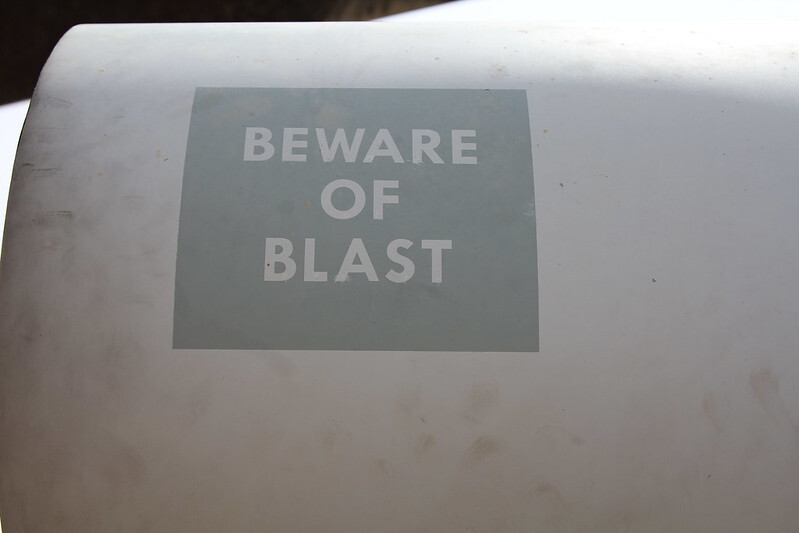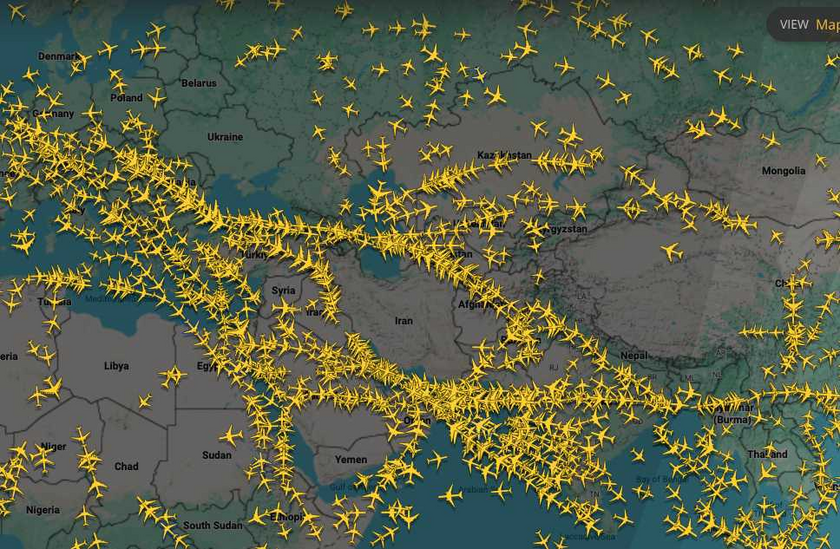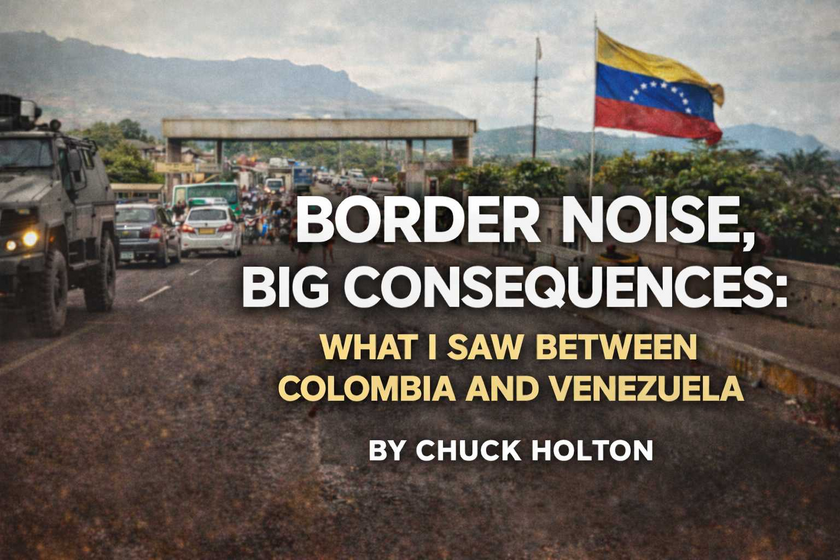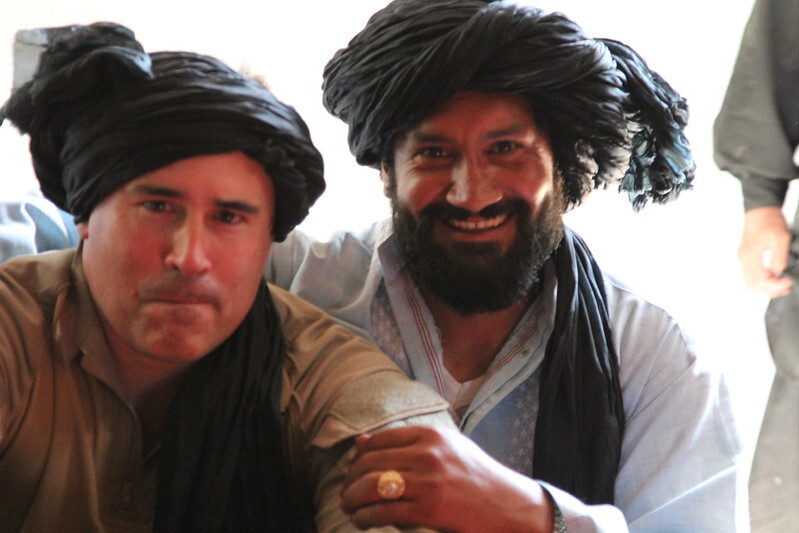
In today’s digital age, the term “fake news” is thrown around constantly, often used to discredit stories that challenge a particular narrative. While misinformation is a real issue, an even bigger problem is how the media subtly shapes public perception through selective framing, misleading visuals, and what they choose to leave out.
Framing the Argument
One of the most effective ways the media influences public opinion is by framing stories to make one side seem not only reasonable but morally superior.
Take immigration, for example. When discussing border enforcement, the media loves to show heart-wrenching stories of struggling families but often ignores the financial and security challenges illegal immigration creates. Rarely do they mention that helping refugees in their own region is far more cost-effective than relocating them. By presenting only one side, they make anyone who questions open borders seem cold-hearted or worse.
Manipulating Visuals
Another sneaky tactic? Using dramatic or out-of-context imagery to shape a narrative. Ever noticed how war reports often feature intense battle footage—sometimes from completely different conflicts? That’s because nothing stirs emotion like chaotic scenes of destruction, even if they’re not current.
The same goes for humanitarian crises. Heartbreaking images of suffering children are powerful, but they often lack crucial context—like how much aid is already being provided or why certain policies are in place. These visuals push an agenda more than they inform.
Selective Reporting – What They Don’t Tell You
Just as important as what gets reported is what gets ignored. Stories that contradict mainstream narratives often get buried or barely mentioned.
Ever hear much about the persecution of Christians in many parts of the world? Probably not, because it doesn’t fit the preferred storyline. But if a crisis fits the agenda? Wall-to-wall coverage for weeks. This selective reporting creates a skewed view of reality—making some issues seem much bigger than they are while others get swept under the rug.
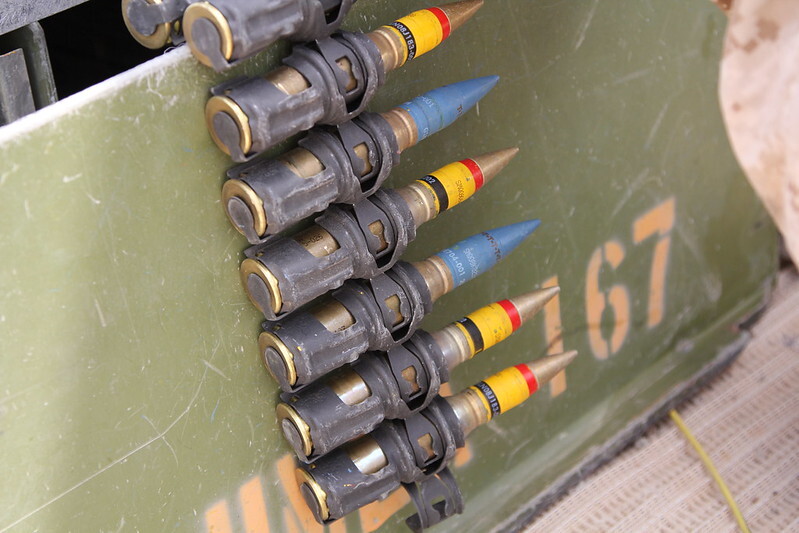
Why Context Matters
The news thrives on sensationalism because fear and outrage drive clicks and views. Without proper context, people get a totally distorted perception of reality.
For example, a violent crime in a foreign country might dominate the headlines, making it seem far more dangerous than it actually is. Meanwhile, cities in the U.S. with skyrocketing crime rates get far less attention.
Bottom Line: Think for Yourself
Media is a business, and the fight for your perception is ongoing. Always question the framing of a story, consider what’s being left out, and don’t just accept what’s spoon-fed to you. The more you think critically, the harder it is to be manipulated.

